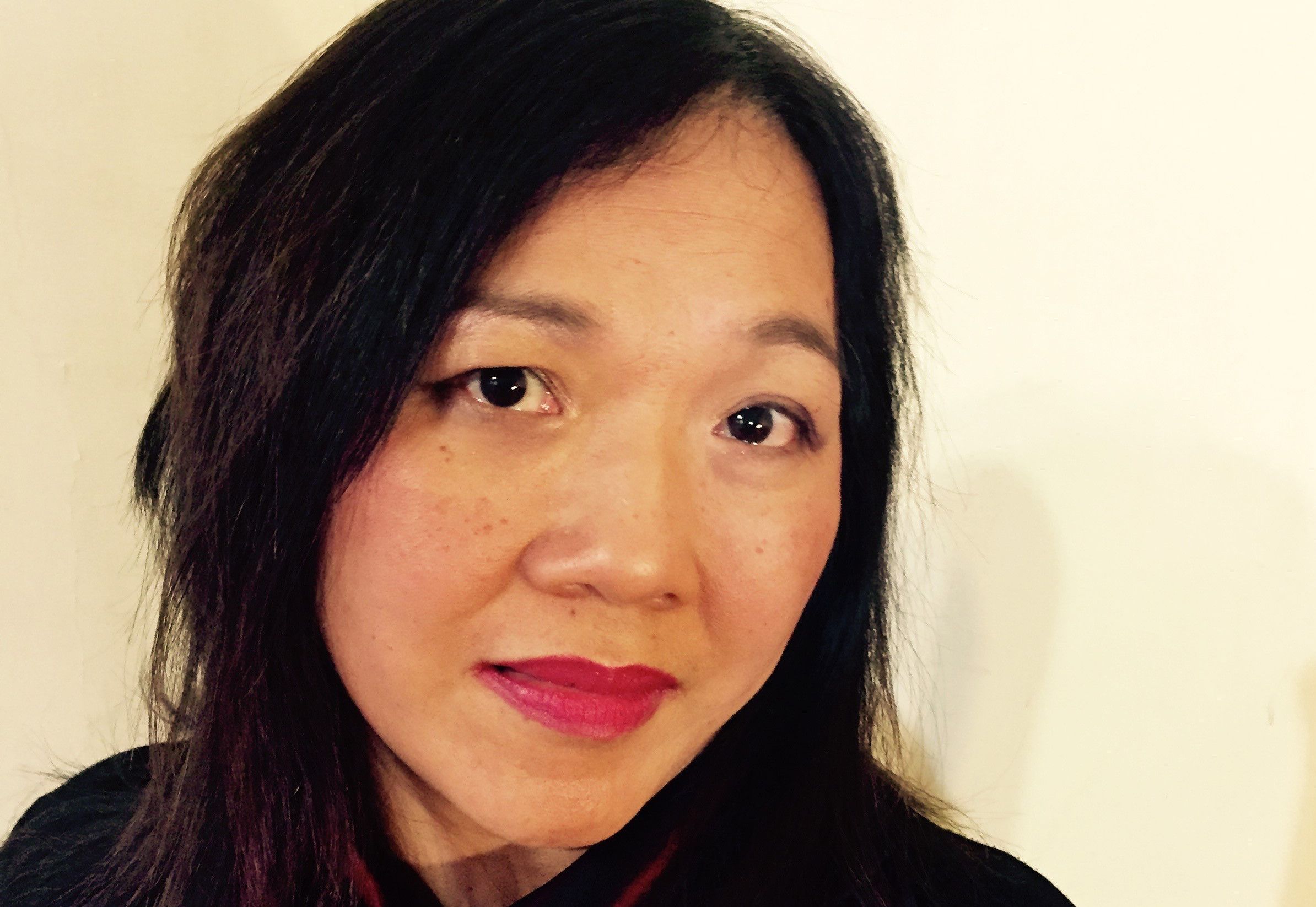
Ahead of her Disability Binaries in Writing workshop, presented as part of the Writeability program, Micheline Lee spoke to Katy Hocking about overcoming fears and biases – both internal and external.
Your debut novel ‘The Healing Party’ came out in 2016. Has your writing process changed since then?
Yes. ‘The Healing Party’ was my first attempt at creative writing. However, it didn’t feel completely new. Before I wrote, I painted. Much of what I learned as a painter could be transferred to writing: a total engagement with the subject and an understanding of tone, space and tension is as necessary for writing as it is for painting.
It’s still such a wrestle finding the words to get to the truth of what I want to say. I’ve heard some writers say each new book feels like you’re learning to write all over again and I can certainly relate to that.
In your essay ‘The Art of Dependency’ published in The Best Essays Australia 2017 you’re brutally honest about the realities of living with a disability. How hard is it to be completely open about your disability on the page?
I had to overcome my own biases and fears to write about my disability. Most of my life has been spent trying to act like I don’t have a disability. I felt I would never be valued as a person, or felt in my various careers that people pigeonholed me by my disability. When I had to represent my disability, it would be in the inspirational form of how I overcame my disability. It seemed to me that others either feel inspired or pity for the person with a visible disability. Therefore it was a bit like “coming out” for me to write ‘The Art of Dependency’. In this essay I tried to be honest about my experience.
Life can often get hectic. How do you find/make time to write? And how do you make that time as effective and productive as possible?
Setting a daily word limit, like some writers do, doesn’t work for me. A lot of work has to happen in my head and emotionally before I can write my first sentence. I don’t get enough time alone to write. What I do therefore is keep a writing problem at the back of my mind while I go about my day, and when there’s a pause I take it out and look at it. Also, before I fall asleep at night I’ll tell myself to focus on the problem while I sleep. More often than not, I’ll wake up with ideas.
The workshop will explore the idea of making vulnerability a strength. It’s such a great message, but how does it translate to writing?
To me the queen of making vulnerability a strength is Helen Garner. Her writing is so powerful because of the real and questioning self she so beautifully reveals. Helen teaches me not to over-explain in my writing, to be open and to trust the reader.
Congratulations on being shortlisted for the Readings Residency Award! What writing projects are you working on at the moment?
Thank you. I’m doing a cross-disciplinary creative writing/law PhD at University of Melbourne. For the creative side, I’m developing the themes of difference and mortality I started in ‘The Art of Dependency’ into what may become a book of short stories and essays.
About Micheline Lee
Micheline Lee’s novel, ‘The Healing Party’, was shortlisted for the Victorian Premier’s Literary Award; longlisted for the Voss prize; and shortlisted for the Dobbie Literary Award. Her essay, ‘The Art of Dependency’ which was selected for the The Best Australian Essays 2017, speaks of her experience living with a disability. Micheline is also a finalist in the Melbourne Prize and Awards for ‘The Healing Party’.
About Writeability
The Writeability program is made possible by the generous support of the Grace Marion Wilson Trust, the Australia Council for the Arts and the Australian government through the Department of Communication and the Arts’ Catalyst—Australian Arts and Culture Fund.
